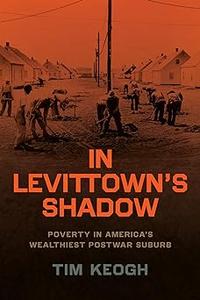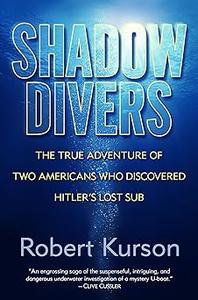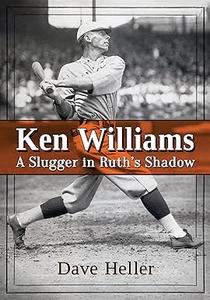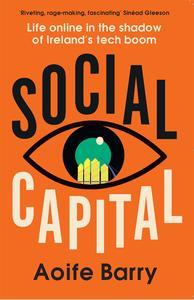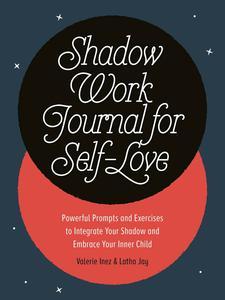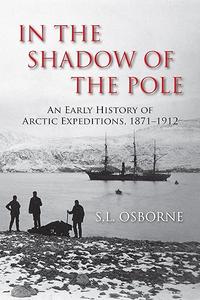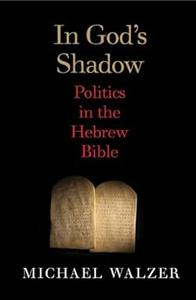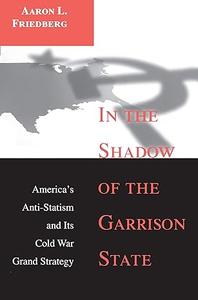 Free Download Aaron L. Friedberg, "In the Shadow of the Garrison State: America’s Anti-Statism and Its Cold War Grand Strategy"
Free Download Aaron L. Friedberg, "In the Shadow of the Garrison State: America’s Anti-Statism and Its Cold War Grand Strategy"
English | 2000 | pages: 381 | ISBN: 0691048908, 0691078653 | PDF | 1,3 mb
War-or the threat of war-usually strengthens states as governments tax, draft soldiers, exert control over industrial production, and dampen internal dissent in order to build military might. The United States, however, was founded on the suspicion of state power, a suspicion that continued to gird its institutional architecture and inform the sentiments of many of its politicians and citizens through the twentieth century. In this comprehensive rethinking of postwar political history, Aaron Friedberg convincingly argues that such anti-statist inclinations prevented Cold War anxieties from transforming the United States into the garrison state it might have become in their absence. Drawing on an array of primary and secondary sources, including newly available archival materials, Friedberg concludes that the "weakness" of the American state served as a profound source of national strength that allowed the United States to outperform and outlast its supremely centralized and statist rival: the Soviet Union.
(more…)
